
Back in August, the BBC screened an expose on the disturbing tactics employed by pedigree dog breeders in Britain, and the part played by the Kennel Club and Crufts, the world famous pedigree dog show. Check out the original story
here.
The BBC has
announced that it won't screen next year's show, the first time it's missed covering the event in forty years. The decision follows a collapse in talks over what to do about those breeds at risk of serious health problems - brought on by decades of inbreeding.
"We need to be confident the measures being taken now and planned for the future are effective in addressing the issues raised about the health of some pedigree dogs before we return to broadcasting the event," said George Entwistle, controller of BBC Knowledge.

The Kennel Club had
this to say: "The Kennel Club regrettably had to refuse to comply with the unreasonable demands insisted on by the BBC, to exclude certain breeds of dog from the group competition at the show. These demands took no account of the measures the Kennel Club has in place to improve the health of pedigree dogs."
All a bit late in the day - if the Kennel Club were at all concerned about the health of the dogs, then they wouldn't have waited until their obscene practises (such as the mating of mothers and sons, and brothers with sisters et cetera) had been exposed on national television before taking action. And how, exactly, do you reverse the effect of decades of inbreeding anyway? Remember, there's around 10,000 pugs in Great Britain, but they only have the equivalent gene pool of 50 individuals. Pugs are susceptible to serious eye damage simply from bumping into things - and that's just one example of a breed in trouble.
Pet food brand Pedigree has withdrawn its sponsorship; the RSPCA and the Dogs Trust have both cut their association with the show.
 Back in August, the BBC screened an expose on the disturbing tactics employed by pedigree dog breeders in Britain, and the part played by the Kennel Club and Crufts, the world famous pedigree dog show. Check out the original story here.
The BBC has announced that it won't screen next year's show, the first time it's missed covering the event in forty years. The decision follows a collapse in talks over what to do about those breeds at risk of serious health problems - brought on by decades of inbreeding.
"We need to be confident the measures being taken now and planned for the future are effective in addressing the issues raised about the health of some pedigree dogs before we return to broadcasting the event," said George Entwistle, controller of BBC Knowledge.
Back in August, the BBC screened an expose on the disturbing tactics employed by pedigree dog breeders in Britain, and the part played by the Kennel Club and Crufts, the world famous pedigree dog show. Check out the original story here.
The BBC has announced that it won't screen next year's show, the first time it's missed covering the event in forty years. The decision follows a collapse in talks over what to do about those breeds at risk of serious health problems - brought on by decades of inbreeding.
"We need to be confident the measures being taken now and planned for the future are effective in addressing the issues raised about the health of some pedigree dogs before we return to broadcasting the event," said George Entwistle, controller of BBC Knowledge.
 The Kennel Club had this to say: "The Kennel Club regrettably had to refuse to comply with the unreasonable demands insisted on by the BBC, to exclude certain breeds of dog from the group competition at the show. These demands took no account of the measures the Kennel Club has in place to improve the health of pedigree dogs."
All a bit late in the day - if the Kennel Club were at all concerned about the health of the dogs, then they wouldn't have waited until their obscene practises (such as the mating of mothers and sons, and brothers with sisters et cetera) had been exposed on national television before taking action. And how, exactly, do you reverse the effect of decades of inbreeding anyway? Remember, there's around 10,000 pugs in Great Britain, but they only have the equivalent gene pool of 50 individuals. Pugs are susceptible to serious eye damage simply from bumping into things - and that's just one example of a breed in trouble.
Pet food brand Pedigree has withdrawn its sponsorship; the RSPCA and the Dogs Trust have both cut their association with the show.
The Kennel Club had this to say: "The Kennel Club regrettably had to refuse to comply with the unreasonable demands insisted on by the BBC, to exclude certain breeds of dog from the group competition at the show. These demands took no account of the measures the Kennel Club has in place to improve the health of pedigree dogs."
All a bit late in the day - if the Kennel Club were at all concerned about the health of the dogs, then they wouldn't have waited until their obscene practises (such as the mating of mothers and sons, and brothers with sisters et cetera) had been exposed on national television before taking action. And how, exactly, do you reverse the effect of decades of inbreeding anyway? Remember, there's around 10,000 pugs in Great Britain, but they only have the equivalent gene pool of 50 individuals. Pugs are susceptible to serious eye damage simply from bumping into things - and that's just one example of a breed in trouble.
Pet food brand Pedigree has withdrawn its sponsorship; the RSPCA and the Dogs Trust have both cut their association with the show.
















.jpg)


































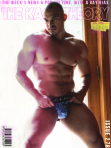














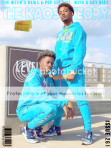

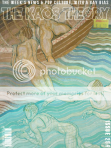




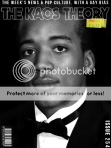











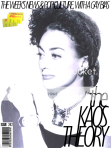
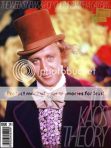





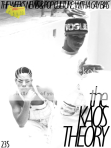
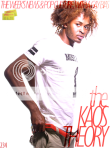



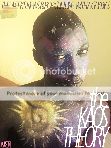

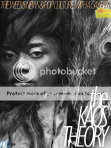
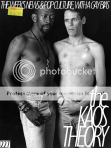





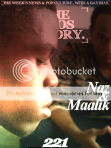


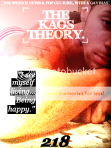
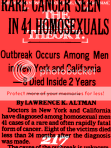
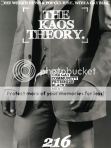
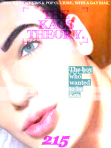

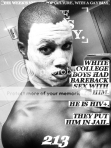




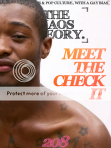



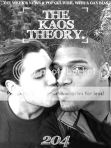


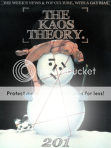
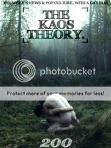
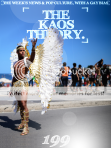
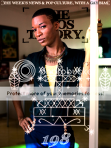


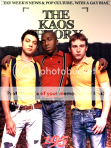

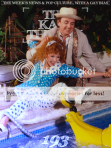



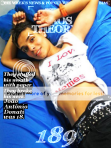


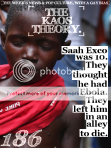

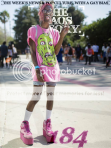




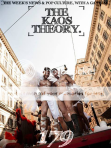
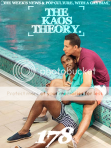
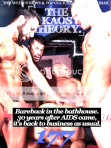


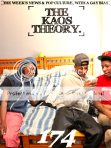







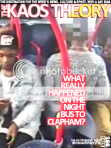






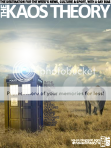

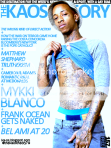



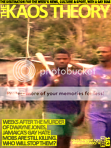

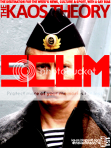


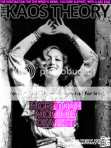

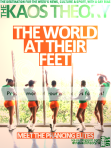





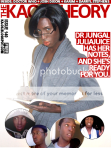

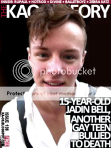
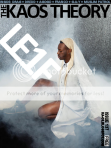


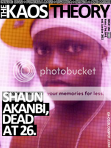


















































































































































0 comments:
Post a Comment